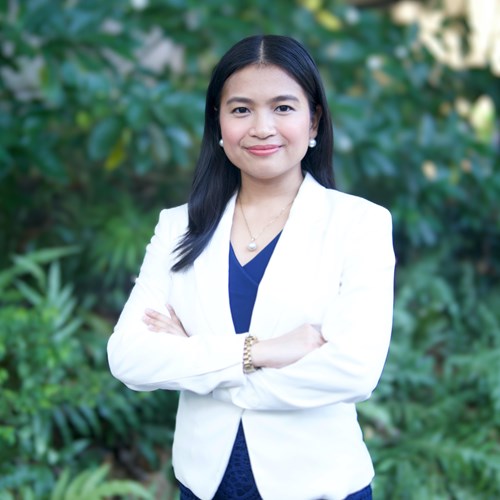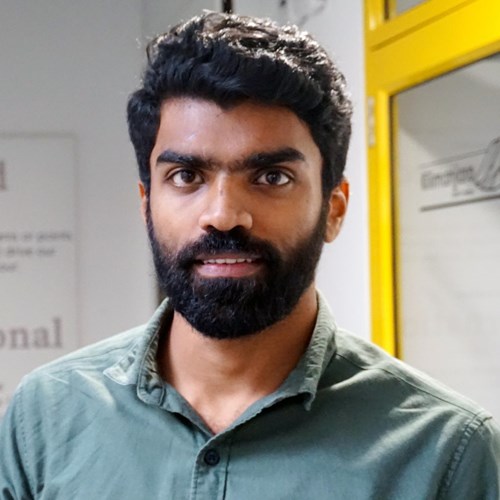This session explores the crucial link between gender equality, social inclusion, and clean energy interventions. It highlights the importance of incorporating gender-responsive approaches in clean energy programs to enhance their impact. Concrete lessons are presented from ICF's experience in delivering programs that accelerate the low-carbon transition, reduce greenhouse gas emissions, and promote sustainable deployment of clean energy technologies. Speakers present work and examples from China, the Maldives, Philippines, and Central Asia, demonstrating how gender assessments, program-specific strategies, and action plans can ensure equitable outcomes.
SPEAKERS

Ahmed Shukry Hussain
Consultant (Social Expert), Ministry of Environment, Climate Change and Technology






